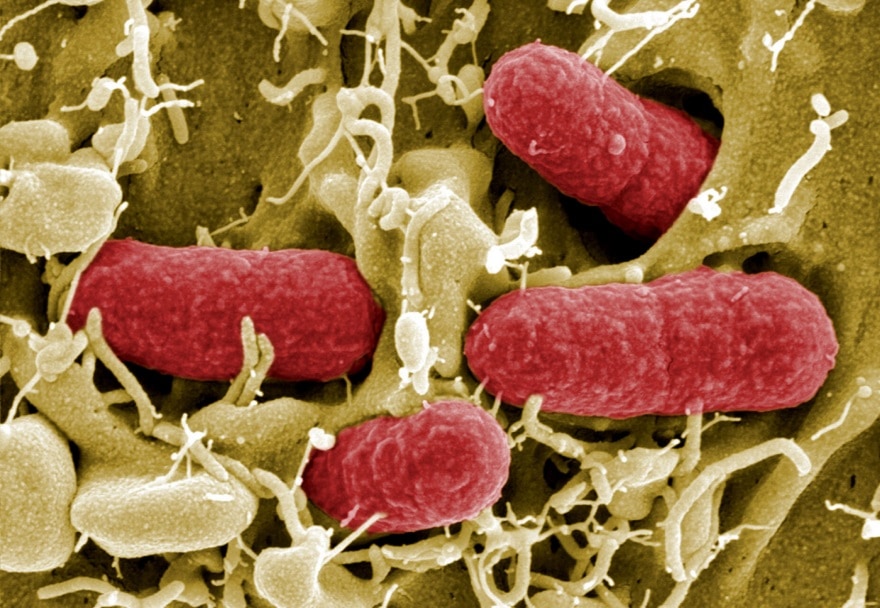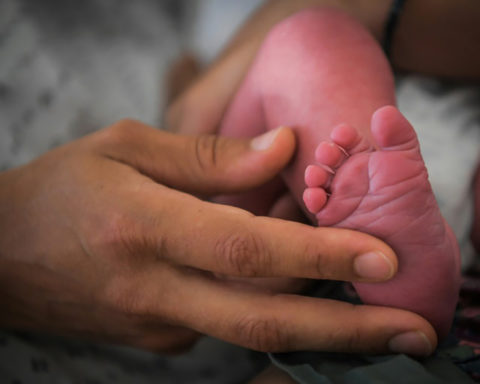Who would have thought that France could be the most "skeptical" country in the world when it comes to vaccines? And what is even more surprising behind the figures unveiled in recent days, if they turn out to be accurate, is that no one seems to understand why France stands out so much.
Aa France, on the top step of the podium, but it's nothing to brag about. First place in the defiance of vaccination.
The figures come from a vast international survey The survey was carried out by 66,000 people in 67 countries, including 964 in France. And it is Europe that emerges as the region of the world with the highest proportion of people expressing fear or refusal of vaccination - at the other end of the spectrum is South-East Asia. But the French are in a class of their own: 12 %s are convinced that vaccination is unnecessary, 17 %s question the efficacy of vaccines and 41 %s believe it is not a safe product. In the latter category, Bosnia and Herzegovina (36 %s) is in second place, followed by Russia (28 %s) - the world average is 12 %s.
While many would have bet on the United States, the United States is in the middle of the pack with 14 %s of the population who do not think it is safe and 10 %s who think vaccines are ineffective. The principal investigator, Heidi Larsonof the London School of Hygiene and Tropical Medicine sees a red flag in the fact that Europe stands out from the crowd. « In a world where the internet means that beliefs and concerns about vaccines can be shared instantly, we should not underestimate the influence this can have on other countries around the world. ".
However, the researchers do point out a positive news even in the most distrustful countries, immunization is still widely perceived as "useful". Indeed, many more citizens, even in France, see it as useful rather than dangerous.
The fact remains that they are in the dark as to what could explain this performance by France. A few of them mention vaccination against hepatitis B, during which fears of a link with multiple sclerosis had been circulating in the 1990s, as well as the awareness campaign for the human papilloma virus, which generated heated debates. But many other countries have also faced similar debates.
The French case highlights a serious problem of mistrust. The French believe less and less in the integrity and competence of the state, the health care community and the pharmaceutical industry with respect to their vaccines. The newspaper Le Monde points out that Every bad decision, every miscommunication, every health scandal erodes trust a little more. And in this area, France has, alas, distinguished itself: military organisation of the H1N1 vaccination campaign, messes over the hepatitis B vaccination that were largely off target, various scandals and excessive profits on vaccines. We have missed no opportunity to undermine confidence.. »
Conversely, the high confidence in immunization in developing countries may be related to the fact that the current generation is experiencing the positive consequences of immunization on a day-to-day basis, being able to compare the before and after.
This French mistrust Could it be responsible for the fact that France recorded 22,686 cases of measles between 2008 and 2011? One thing is certain: the data indicate that 80 % of the affected children had not been vaccinated.
The State of Vaccine Confidence 2016 study was conducted by teams from Imperial College London and the Saw Swee Hock School of Public Health in Singapore. It was published on 9 September in EBioMedicine. Its aim is to identify "levels of confidence" in vaccines in the hope that public health services will then better understand the reasons for different attitudes and be better equipped to respond to them.

Source: Agence Science-Presse
Header image: REUTERS/Jean-Paul Pelissier












